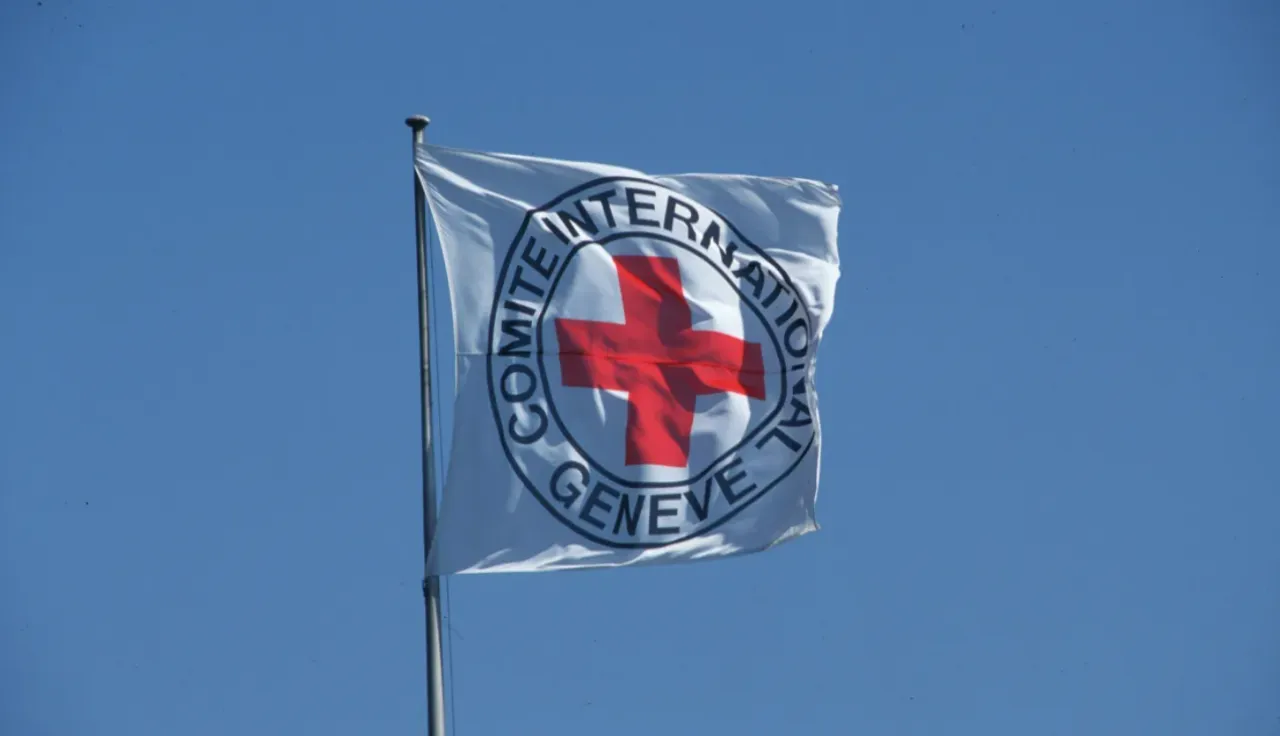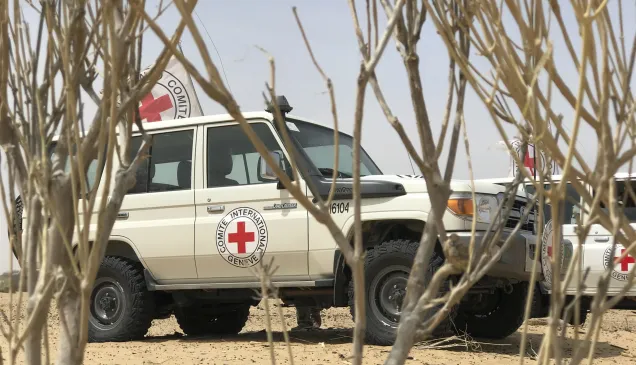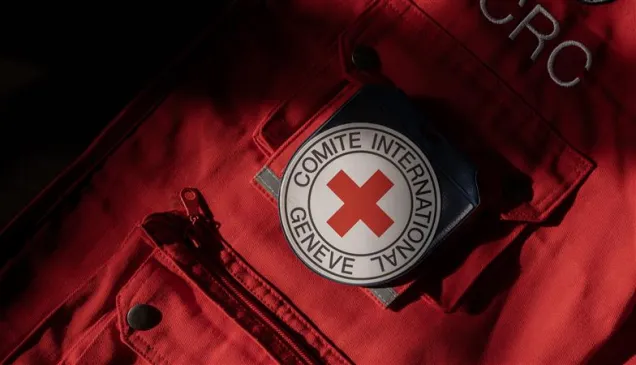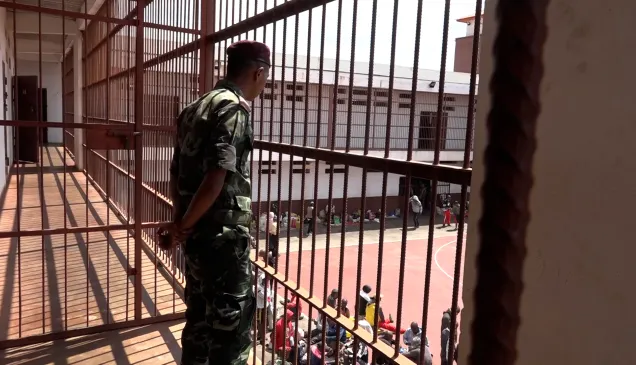FAQ : ICRC forced to suspend humanitarian activities in support of communities in Niger

By note verbale dated 31 January 2025, the Niger Ministry of Foreign Affairs demanded the closure of the offices of the International Committee of the Red Cross (ICRC) and the immediate departure of its expatriate staff. While fully respecting this decision, the ICRC remained available to engage with the authorities, understand the reasons for their decision, and provide any necessary clarification. Its efforts were unsuccessful.
-
The ICRC never provides financial, logistical or other support to armed groups or any other party to a conflict.
Under the mandate that has been conferred to us by the international community, including Niger, we engage in impartial and neutral dialogue with all parties to a conflict in order to facilitate our access to people in need and further our work to assist and protect them.
-
Absolutely not. Accusations of espionage jeopardize the security of our and our partners’ staff on the ground and risk preventing humanitarian aid from getting to those who need it most.
The confidential dialogue that we undertake with all parties to a conflict enables us to carry out a critical part of our work: reminding the parties of their obligations under international humanitarian law (IHL) and sharing our concerns around how war is waged.
Through that dialogue, we advocate discreetly but tirelessly for the protection of civilians during hostilities. Our way of working is aimed at saving lives and should never be interpreted as anything but that.
-
The ICRC worked in Niger for 35 years. We carried out humanitarian work in Agadez first and then in Tillabéry, Tahoua and Diffa, which have been rocked by the consequences of armed conflict and other violence.
The ICRC and the staff and volunteers of the Red Cross Society of Niger brought aid to the most vulnerable members of the community, always in line with the principles of impartiality, neutrality and independence. Our ongoing, constructive dialogue – carried out with all stakeholders, whenever possible – has been essential to better ensuring compliance with the principles and norms of IHL, especially the protection of civilians, the sick and wounded, and those captured, detained or disappeared.
-
Ensuring that aid gets to those who need it most is our top priority. We have put in place solid surveillance and risk-reduction measures to make sure that aid gets to the communities we work with.
Our activities are not intended to support the activities or aims of the parties to an armed conflict, be they states or non-state armed groups. We are therefore highly vigilant to the potential for diversions of aid, which could damage acceptance of and trust in our organization, impede access to humanitarian aid in the future and create security concerns for our staff in the field.
We work tirelessly to keep aid from being diverted and over time have developed internal policies and due diligence measures to reduce the risk of that happening. These measures cover the selection of suppliers and other partners, painstaking needs assessments, direct implementation and supervision of activities, audit of distribution processes, and the implementation of internal mechanisms to evaluate our impact and accountability to affected people.
-
The ICRC is a neutral, impartial and independent humanitarian organization. Our mission is to protect the lives and dignity of people affected by armed conflict and to provide them with assistance, such as food, clean water, health care and shelter. We also endeavour to prevent and reduce suffering for people affected by other situations of violence, such as internal conflicts.
States gave the ICRC its mandate (which covers our dialogue with all parties to a conflict) under the Geneva Conventions of 1949, their Additional Protocols of 1977 and 2005, and the Statutes of the International Red Cross and Red Crescent Movement of 1986. Our mandate and legal status set us apart from intergovernmental organizations (such as the specialized agencies of the United Nations) and non-governmental organizations. This enables us to operate independently from states and to work entirely impartially, bringing protection and assistance to those most in need.
-
Supposed collusion with armed groups.
-
Millions of people. Over the last 35 years, we have engaged constructively, collaboratively and transparently with the Nigerien authorities. Our dialogue with the authorities and with the non-state groups in the country has been essential to improving compliance with the principles and norms of IHL, especially the protection of civilians, the sick and wounded, and those captured, detained or disappeared.
Although our activities have been suspended, we remain ready to resume our dialogue with Nigerien authorities.
-
Humanitarian work needs to be kept distinct from military operations. Our security and safety on the ground depend on all parties’ acceptance of our work and respect for our emblem, which is why we cannot use armed escorts.



